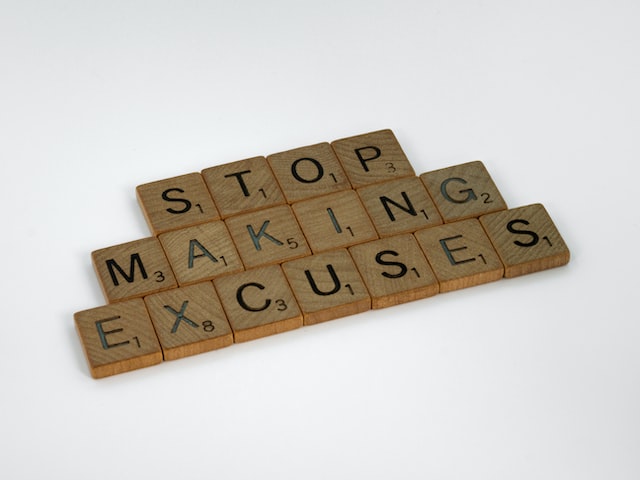Accountability: Definition, Examples, & TipsDiscover a definition, examples, and tools of accountability to guide you in being accountable.
When I surfaced, he barked at me to get out of the water and sent me away from the dock. I sat on a nearby rock and steamed about it for a few minutes… and then I realized I was totally in the wrong. I returned to the dock and sincerely apologized. I watched the counselor’s face soften as I spoke. I didn’t get back in the water that day, but I did begin to enter that counselor’s good graces.
Even with moments like that in my past, I often find it hard to be accountable, as many of us do. Why is that? Let’s look at the nature of accountability, from its definition to examples to different ways to build accountability in your life. Before reading on, if you're a therapist, coach, or wellness entrepreneur, be sure to grab our free Wellness Business Growth eBook to get expert tips and free resources that will help you grow your business exponentially. Are You a Therapist, Coach, or Wellness Entrepreneur?
Grab Our Free eBook to Learn How to
|
Are You a Therapist, Coach, or Wellness Entrepreneur?
Grab Our Free eBook to Learn How to Grow Your Wellness Business Fast!
|
Terms, Privacy & Affiliate Disclosure | Contact | FAQs
* The Berkeley Well-Being Institute. LLC is not affiliated with UC Berkeley.
Copyright © 2024, The Berkeley Well-Being Institute, LLC
* The Berkeley Well-Being Institute. LLC is not affiliated with UC Berkeley.
Copyright © 2024, The Berkeley Well-Being Institute, LLC




